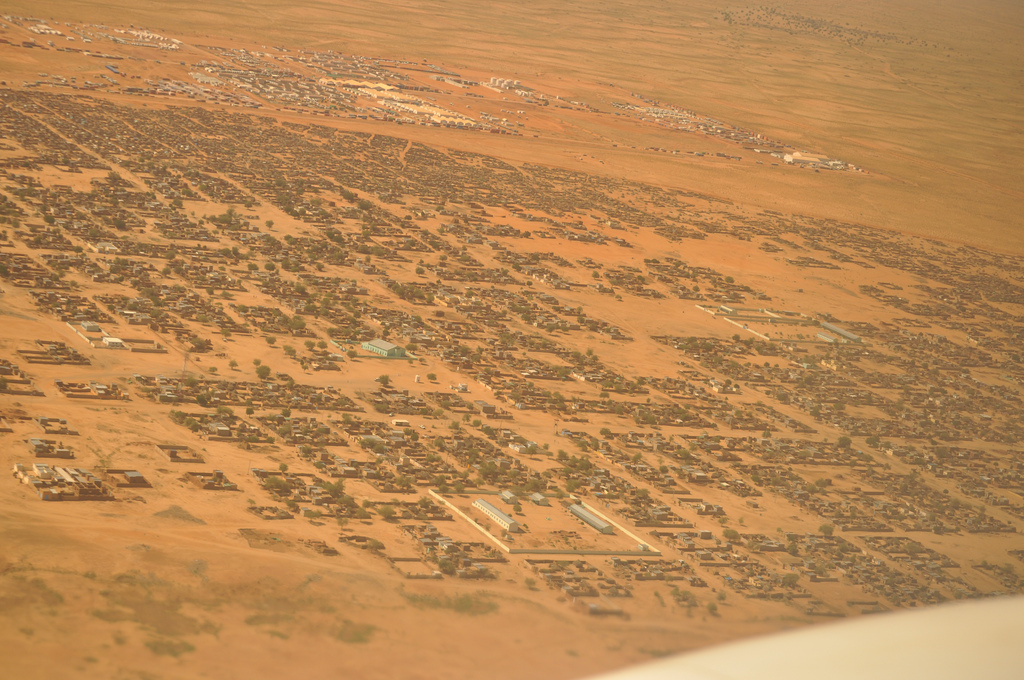Science
Yale Lab Exposes Mass Killings in Sudan, Urges Student Action

Yale’s Humanitarian Research Lab has unveiled alarming evidence of mass killings in Sudan following the capture of El-Fasher by the Rapid Support Forces (RSF). This data comes from satellite and open-source analyses that reveal widespread violence against civilians, with reports indicating a staggering rise in fatalities.
According to Nathaniel Raymond, the lab’s executive director, initial reports estimated around 1,200 deaths. By the following day, this figure had escalated to 10,000, but communication with sources on the ground ceased soon after, suggesting they may have been killed.
The lab has been monitoring developments in El-Fasher since July 2023, issuing warnings about a potential attack. It has reached out to the United Nations Security Council and various U.S. governmental bodies, producing over 60 reports detailing the ongoing conflict in Sudan.
Details of the Killings
In its recent report, the lab highlighted RSF’s house-to-house operations in the Daraja Oula neighborhood. Satellite imagery captured RSF vehicles, some armed, blocking streets, alongside evidence of human-sized objects and signs of blood on the ground. Further analysis corroborated claims of civilians being executed while attempting to flee the city.
Raymond compared the current violence to the atrocities witnessed during the Rwandan genocide, stating, “The velocity and ferocity of the RSF killing civilians since Sunday is unlike anything I’ve seen in 26 years of doing this work.” The lab’s second report detailed systematic killings at a maternity hospital and a former children’s hospital turned detention center, marking these facilities as the last operational hospitals in the region.
The ongoing conflict in Sudan, which erupted in April 2023, has resulted in the deaths of over 150,000 civilians and displaced approximately 14 million people, according to BBC estimates. The struggle is primarily between the RSF, led by General Mohamed Hamdan Dagalo, and the Sudanese Armed Forces (SAF).
Calls for Action and International Inaction
Raymond criticized the global community’s inaction, particularly the United States and the United Kingdom, for prioritizing economic relations with the United Arab Emirates over the safety of Sudanese citizens. He expressed hopes that President Donald Trump would announce that the U.S. is monitoring the situation with drones, emphasizing that the U.S. has yet to impose sanctions on the UAE.
The Humanitarian Research Lab has documented patterns of violence in Sudan that echo those witnessed during the Darfur genocide. Kholood Khair, a peace fellow at the Jackson School of Global Affairs, noted similarities between current events in El-Fasher and the violence directed at the Massalit community in West Darfur two years ago.
Despite the increasing atrocities, Raymond lamented the lack of significant activism among students at Yale and other U.S. campuses. He urged students to mobilize as they did during the Save Darfur movement, emphasizing their potential to effect change. “I don’t think Yale students know how powerful they are. They’re very powerful, if they choose to be,” Raymond stated.
The Humanitarian Research Lab continues to focus on documenting the humanitarian crisis in Sudan, advocating for a more robust international response to protect vulnerable populations caught in the conflict.
-

 World2 weeks ago
World2 weeks agoGlobal Air Forces Ranked by Annual Defense Budgets in 2025
-

 World2 weeks ago
World2 weeks agoMass Production of F-35 Fighter Jet Drives Down Costs
-

 Top Stories2 weeks ago
Top Stories2 weeks agoNew ‘Star Trek: Voyager’ Game Demo Released, Players Test Limits
-

 Science2 weeks ago
Science2 weeks agoTime Crystals Revolutionize Quantum Computing Potential
-

 Top Stories2 weeks ago
Top Stories2 weeks agoDirecTV to Launch AI-Driven Ads with User Likenesses in 2026
-

 World2 weeks ago
World2 weeks agoElectrification Challenges Demand Advanced Multiphysics Modeling
-

 Lifestyle2 weeks ago
Lifestyle2 weeks agoLia Thomas Honored with ‘Voice of Inspiration’ Award at Dodgers Event
-

 Entertainment2 weeks ago
Entertainment2 weeks agoFreeport Art Gallery Transforms Waste into Creative Masterpieces
-

 Lifestyle2 weeks ago
Lifestyle2 weeks agoDiscover Reese Witherspoon’s Chic Dining Room Style for Under $25
-

 Health2 weeks ago
Health2 weeks agoGavin Newsom Critiques Trump’s Health and National Guard Plans
-

 Entertainment2 weeks ago
Entertainment2 weeks agoFast & Furious Coaster Hits the Track at Universal Studios
-

 Health2 weeks ago
Health2 weeks agoResearchers Uncover New Insights into Cancer Mortality Causes









